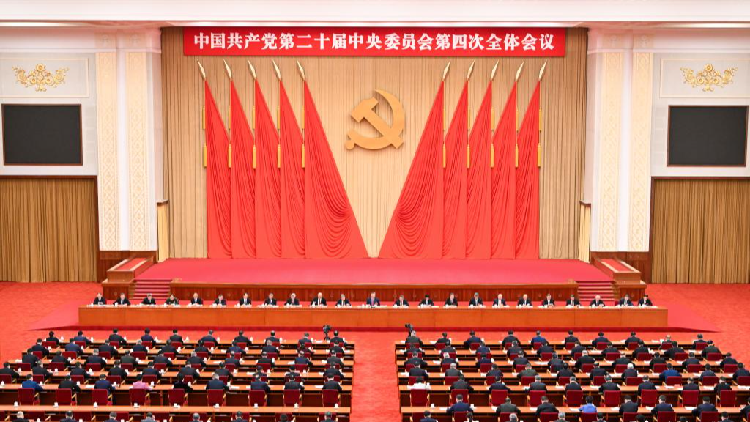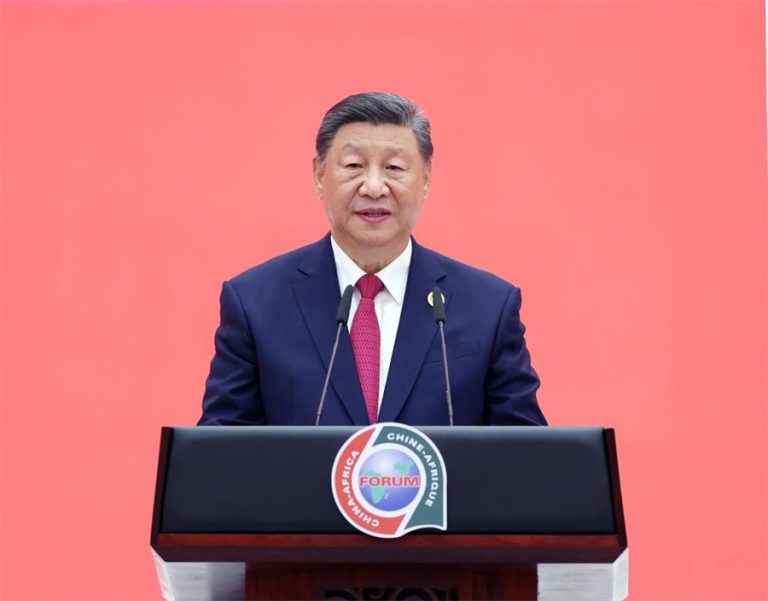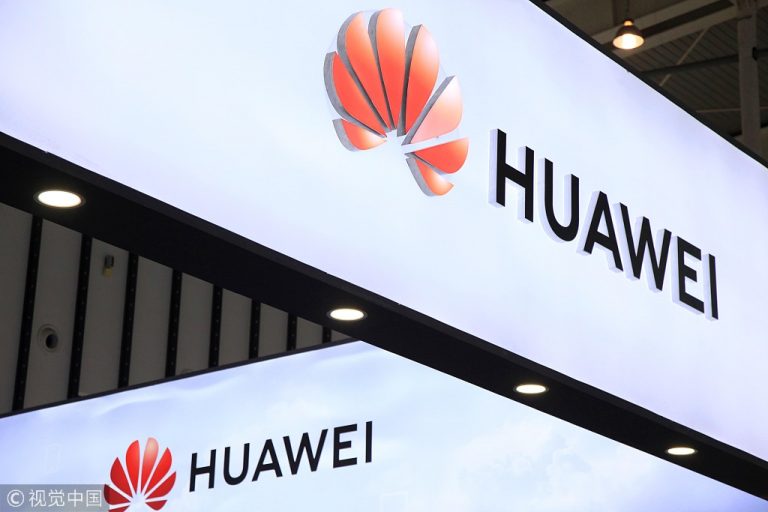By Busulwa John Ivan
Diplomacy, international relations, and foreign policy play crucial roles in shaping nations’ economic development. China, a country known for its rich history and economic prowess, has significantly contributed to Uganda’s economic growth over the years. This essay explores the historical context of Uganda’s friendship with China and the role it has played in fostering economic development in Uganda.
The diplomatic relations between China and Uganda began in 1962 when Uganda gained independence. Nine days after Uganda gained her independence on October 9, 1962, China established diplomatic ties by opening its embassy within the country. Since then, both countries fostered a friendship based on mutual respect and non-interference in each other’s internal affairs. This approach laid a strong foundation for sustained cooperation and shared development objectives.
China has emerged as one of Uganda’s most important trading partners. Over the years, bilateral trade has grown significantly, reaching approximately $1.13 billion in 2022. This accounts to 6.6% growth! In a bid to improve and boost trade between the two countries, China granted zero-tariff to 98% of taxable items to Uganda. China has also become a key importer of Ugandan agricultural produce, including coffee, tea, and other agricultural products which stood at $36.19M in 2022. These exports have contributed to Uganda’s economic growth and provided income opportunities for local farmers.
Another key area where China has and continues to play a significant role in Uganda’s economic development is infrastructure. Chinese companies have participated in various projects, including the construction of roads, bridges, stadiums, and hydroelectric power plants. Notably, the Kampala-Entebbe Expressway which cost USD 479M with the Chinese government funding 74% of that cost, the ongoing Entebbe Airport Expansion and Upgrading Project which is a US$200 million preferential loan project financed by the Export-Import Bank of China, the Karuma Hydroelectric Power Station, and the Isimba Hydroelectric Power Station which both combined added a significant 783 megawatts of electricity to Uganda’s national grid are some of other examples of successful collaborations. These infrastructure projects have improved transportation networks, boosted tourism, and enhanced Uganda’s overall competitiveness.
The Chinese commitment to helping Uganda construct and develop world class infrastructure isn’t a recent phenomenon but one that has been existing for decades. A case in point is the Mandela National Stadium that was constructed by the Chinese way back in April 1993 and handed over to the Ugandan Government in February 1997. The stadium, 30 years after its construction still remains Uganda’s biggest with 40000 seats with accessory constructions including a hotel of 120 beds, 2 outdoor tennis courts, 2 volleyball training grounds, 2 basketball training grounds and one football training ground.
In health sector, China contribution cannot be underestimated. For the past four decades, China has been sending medical teams to Uganda to provide support, share expertise, and offer training programs. Up to now, 11 teams and about 128 doctors have been sent to work in Uganda mainly in Jinja and Naguru Hospitals at the Chinese Government’s own expenses.
In response to the COVID-19 pandemic, China provided medical supplies, including personal protective equipment (PPE), testing kits, and vaccines to Uganda. The Chinese government has donated 1 million doses of Covid vaccines and thousands of units of testing kits to Uganda. These contributions have been crucial in strengthening Uganda’s healthcare capacity and addressing public health challenges at a time when other developed countries chose vaccine nationalism. As other countries opted to consider vaccines for their citizens first, China declared covid-19 vaccines a public good!
One of the crown jewels of the strong Chinese support of Uganda’s health sector is the $8M Uganda-China Friendship hospital in Naguru. Completed in December 2011, the hospital consists of seven buildings, four operating rooms, a maternity ward, a pediatric unit, a teenage center (adolescent health unit), a blood bank, radiology department (including a CT scanner) and housing for medical staff. Earlier this month, Chinese Ambassador to Uganda, Zhang Lizhong told Ugandan media and think tanks that currently, “Chinese experts are conducting a feasibility study on the renovation and expansion project of the China-Uganda friendship Hospital.”
In the education sector, China has offered scholarships to Ugandan students, enabling them to pursue quality higher education in China. These educational opportunities have empowered young Ugandans with knowledge and skills that contribute to Uganda’s human capital development. Additionally, the Chinese embassy established the Confucius Institute at Makerere University, which has fostered people-to-people cultural exchange between the two friendly countries. The Chinese government has also offered scholarships locally to help students who are economically underprivileged students. Since 2016, over 6000 Ugandans have attended China-aided training courses and seminars in different sectors such as agriculture, medical care, public administration, infrastructure among others.
It shouldn’t be left unnoticed that the 61-year-old longstanding bond between Uganda and China encompasses more than just economic transactions but one that serves as a testament to the profound influence of diplomacy and international relations in shaping the destinies of nations. China has played a vital role in supporting Uganda’s security efforts. Both countries have engaged in military exchanges and training programs, promoting capacity-building and knowledge sharing. China has provided military equipment and technology to enhance Uganda’s defense capabilities. This cooperation has bolstered regional stability and contributed to peacekeeping efforts in Africa. Early 2021, Chinese appointed special envoy for the Horn of Africa (HA) who among other countries visited Uganda and through diplomatic channels continue to engage countries in HA with aim of ensuring stability which is key for both social and economic development.
China’s involvement in Uganda’s economic development through diplomacy, international relations, and foreign policy has been significant. The history of friendship between China and Uganda has laid the groundwork for extensive cooperation. China’s contributions to Uganda’s health, education, agriculture, trade, and infrastructure development have positively impacted the country’s economic growth and improved the livelihoods of its citizens.
While acknowledging China’s positive contributions, it is important to recognize that international relations are complex and involve diverse perspectives. By harnessing the synergies between the countries’ respective strengths, China and Uganda can embark on a journey that not only enriches their bilateral ties but also sets an exemplary model for international collaboration. In light of this, I urge Uganda’s leaders, businesses, and citizens to actively engage with China, explore new avenues of collaboration, and capitalize on the immense promise that our relationship holds so as to build a community of shared future and prosperity for mankind in the new era.
Busulwa John Ivan is a Law student at Makerere University and a research Fellow at the Sino-Uganda Research Centre



